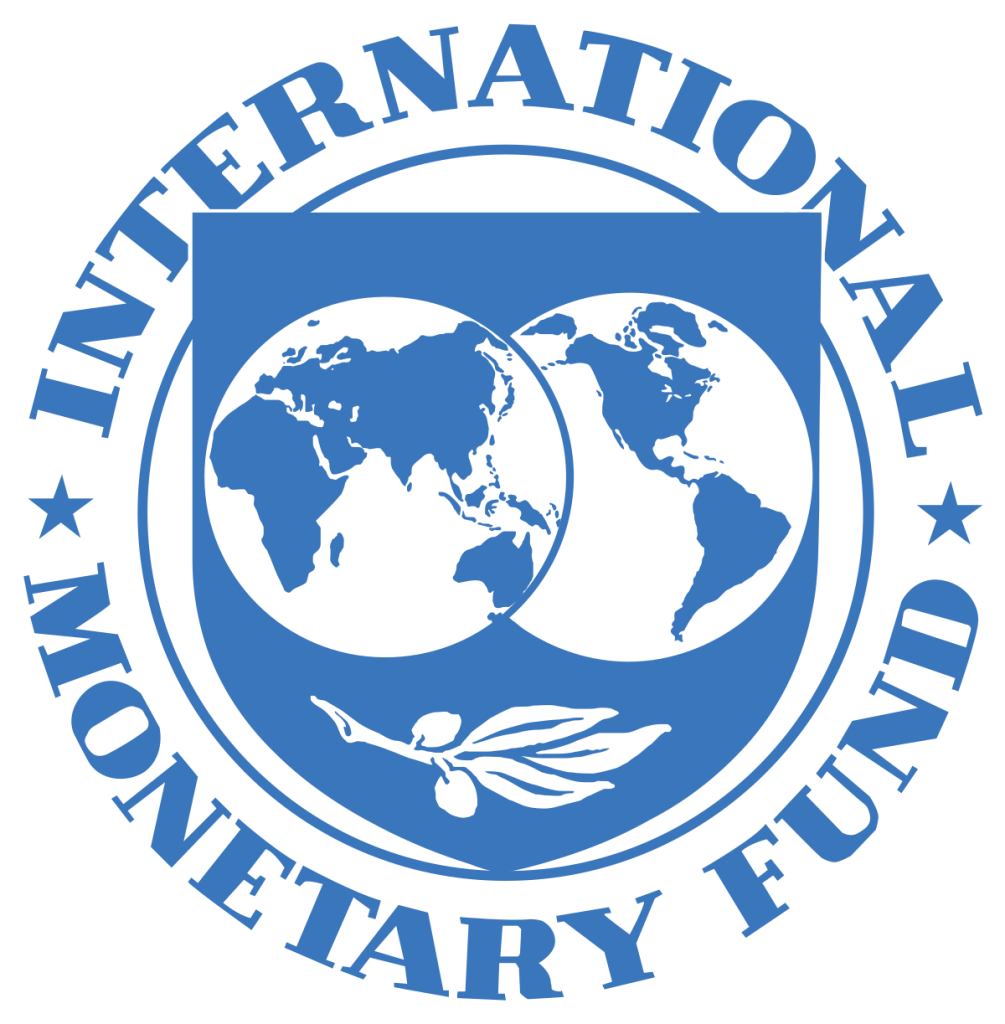Nepal among 25 nations to get IMF debt relief

Kathmandu / Apr. 14: The International Monetary Fund has approved immediate debt relief (IDF) for 25 countries, including Nepal.
IMF’s Executive Board had approved the facility under its Catastrophe Containment and Relief Trust (CCRT) for its poorest member countries to help them in fighting the COVID-19 pandemic.
The board has approved IDF to the 25 of IMF member countries under the fund’s revamped CCRT as part of the organisation’s response to help address the impact of coronavirus, said Kristalina Georgieva, Managing Director of the fund.
“This provides grants to our poorest and most vulnerable members to cover their IMF debt obligations for an initial phase over the next six months and will help them channel more of their scarce financial resources towards vital emergency medical and other relief efforts,” she said.
The IDF is the multilateral donor’s grant support to help its poorest members to repay IMF loan for a fixed period.
According to the IMF, the announced facility could extend up to two years.
The CCRT will provide about US $500 million in grant-based debt service relief, including the recent $185 million pledge by the United Kingdom and $100 provided by Japan.
The IMF said that other members, including China and the Netherlands, were also stepping forward with important contributions.
Georgieva urged other donors to help the fund replenish the CCRT’s resources and boost further IMF’s facility to provide additional debt service relief for a full two years to poorest member countries.
Other countries that will receive the first batch of debt service from the fund include Afghanistan, Benin, Burkina Faso, Central African Republic, Chad, Comoros, Congo, Gambia, Guinea, Guinea-Bissau, Haiti, Liberia, Madagascar, Malawi, Mali, Mozambique, Niger, Rwanda, Sao Tome and Principe, Sierra Leone, Solomon Island, Tajikistan, Togo and Yemen.
The multilateral donor had made the provisions to allow the CCRT to mobilise debt service relief to the IMF’s poorest members for the period of up to two years in their response to the pandemic.
